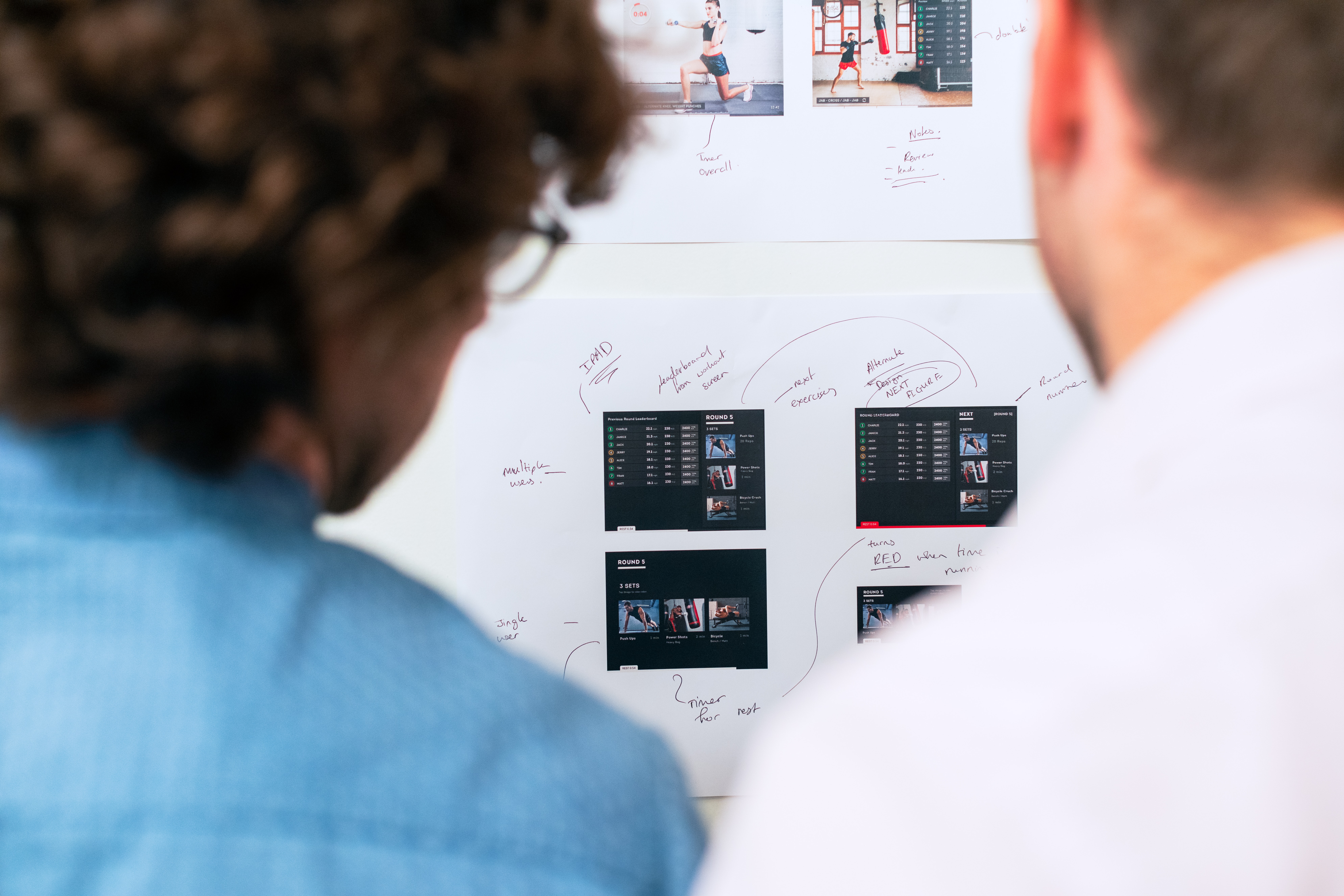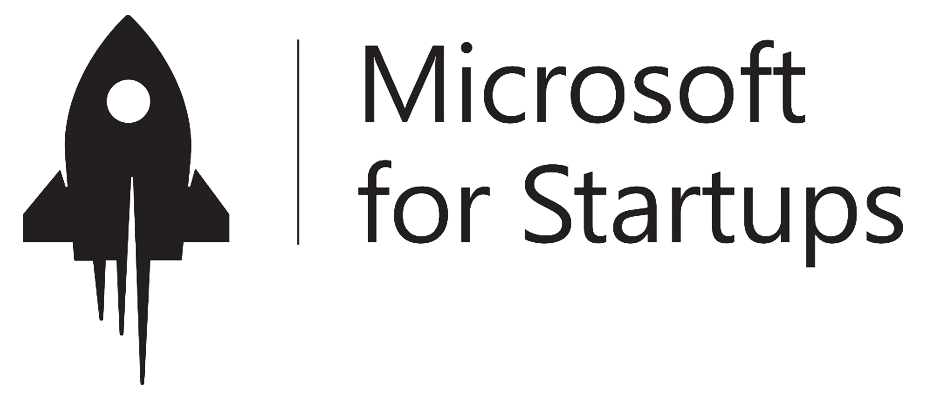15 Jul

Making your interview a success
You’ve sent tons of application letters and CVs and now you finally have an interview! Congratulations! But beware, the work isn’t done yet. You still have the important step of meeting your new line manager for the first time. This is the time to enter the professional seduction phase and show yourself at your best while remaining honest. It only takes two seconds for the brain to form an idea about a person. We’ll show you how to use them wisely!
1) Play on emotion
No emotion, no remembering. Be bold and put all the chances on your side to be THE essential candidate for the company you are targeting. By putting your mark on people’s minds, you maximize your chances of making a difference, especially if you don’t have all the skills for the job. People can make the difference.
Be friendly, considerate and put yourself forward in a reasonable manner. Leave a trace of your passage in the mind of your jury, a business card for example or a differentiating book if you have one. Remember to bring your CV and cover letter. If you have examples of work you have done previously, bring them too! They will give an insight into your way of working and the way you express yourself in writing.
Don’t focus on your appearance. Arriving well presented at an interview is not everything!
2) Present yourself in your best light
If you arrive early for the interview and use the opportunity to make calls in the lobby of the host company, you’re trampling on half your chances of making a good impression. Did you know that the people at the reception desk can sometimes report on your attitude even before your interview begins? Being courteous can therefore allow you to score a few points. Also, remember to greet the people you pass in the corridors, smile and relax so that you don’t appear stressed in front of the recruiter. When you’re anxious, your body sends signals, even if you try to hide them.
At the interview, put both feet flat on the floor, your legs will shake less. Sit in a comfortable position and don’t wiggle around. Do your hands get clammy? Nobody knows, don’t worry.
3) Facing the recruiter
When the person receiving you arrives, greet them politely, with a firm handshake. State that you are delighted to be here.
You may have to use the elevator, which is an awkward moment for everyone. If the recruiter asks you if you had any trouble finding your way, say that you had no particular problem. Needless to say, you turned around for half an hour…
interview
4) The interview itself
4.1 – Before maintenance
If you’re going to be late, tell the person you’re talking to. Something unexpected can happen, and the recruiter knows it. The least you can do, however, is to warn the person who receives you. Don’t keep them waiting without warning them in advance.
Like everything else, an interview can be prepared. Before the interview, remember to find out about the company in which you are applying. For recruiters, there is nothing worse than a candidate who knows nothing about the company. It is important that you at least visit the website of the company that receives you. Don’t waste their time. Remember to prepare a few additional questions about the proposed missions, the team or any other subject that could help the interview.
Anticipate typical questions such as “what is your main defect/quality” or “where do you see yourself in 5 years”. These are frequently asked questions, prepare them once and you will be at ease.
To help you, we have listed the questions most frequently asked by recruiters.
“Can you introduce yourself? “Here, the recruiter simply asks you to talk about your background and experiences! No need to get lost in futile details, don’t waste time. Specify what you have learned from each of your experiences and briefly explain the activity of your past companies.
“Why did you apply to us? Simply “highlight the host company. Talk about what attracted you to the company, its environment and how it corresponds to your values and who you are. It’s a great way to show that you understand the company and that you fit in with it.
“What is your main flaw? “Recruiters know this, you’re going to talk about a flaw that isn’t a flaw. Beware, perfectionist has been used many times before, no one believes it anymore. So try to rephrase perfectionism or find another answer that doesn’t devalue you. For example, you can highlight your ability to question yourself!
“If you could change the past, what would you change? “Now it’s a question of showing that you can learn from the past. Show that you can bounce back and adapt. There are no wrong answers, just make your own.
“How do you imagine yourself in our company? “We ask you to project yourself to see if you will fit in with the mindset of the team already in place. The recruiter also wants to know how you interact with your employees! Show your collaborative spirit.
“Where do you see yourself in 5/10 years? “Your analytical skills need to work here.
“What is your greatest success? “Highlight an assignment that required a lot of resources and from which you emerged victorious.
“What are your passions? “This question will be asked if the recruiter senses that you are under stress. The goal here is to get you talking about yourself so that you feel comfortable.
“Do you have any questions? “This is a great classic: ask questions about the atmosphere in the company: how is a typical day in your company? What are the events that punctuate the lives of your employees?
4.2 – During the interview
Answer as many questions as you can. Candidates who are not very talkative tend to annoy recruiters. Without interrupting your interviewer, bounce back on what he or she is saying but don’t overextend yourself either. Find the right balance!
Don’t apply for a position that doesn’t suit you, recruiters will see it immediately. The same goes for your CV, don’t lie.
Don’t throw yourself on the chairs, wait until they tell you to sit down. Once you’ve settled in, don’t change positions every 30 seconds. Feet on the floor, hands on the floor, anchor yourself in the room. Stand up straight! This is an important criterion and taken into account by more than 85% of recruiters!
Don’t talk too much and, above all, never interrupt the person receiving you, even if they do.
4.3 – After the interview
Remember to take care of your exit. As you greet the person who received you, thank them and emphasize once again your interest in the position.
This moment can also allow you to have a slightly more informal exchange with the person you are talking to. Take the opportunity to get to know him or her, how long has he or she been working in the company, how is life in the department, are there times when all the employees share the same things?
After you return home, remember to send a short e-mail so that your contact person remembers you and your courtesy. Don’t hesitate to send some excerpts of your work to give an example of your way of working.
5) Questions that should not be asked of you
While we’ve told you that you need to answer as many questions as possible, there are a few that you don’t have to answer.
All questions relating to
your marital situation
your sexual orientation
your political views
whether or not you are unionized
your origins or religion
your state of health
whether or not you wish to have children in the near future
The law states that the recruiter has the right to choose the candidate he wants but may not discriminate against a candidate because of “origin, sex, morals, sexual orientation, gender identity, age, marital status or pregnancy, genetic characteristics, particular vulnerability resulting from economic status, apparent or known to the applicant, his or her membership or non-membership, real or supposed, of an ethnic group, nation or alleged race, his or her political opinions, his or her trade union or mutualist activities, his or her religious beliefs, his or her physical appearance, his or her family name, his or her place of residence or bank address, or because of his or her state of health, loss of autonomy or disability, his or her ability to express himself or herself in a language other than French” C. work.., art. L1132-1
Little detail good to know: If you have felt discriminated against in hiring, you can refer the matter to the industrial tribunal according to articles 225-1 and 225-2 of the French Penal Code (articles 225-1 and 225-2 of the Penal Code condemn any discrimination in hiring and punish the perpetrators with 3 years imprisonment and a €45,000 fine).




